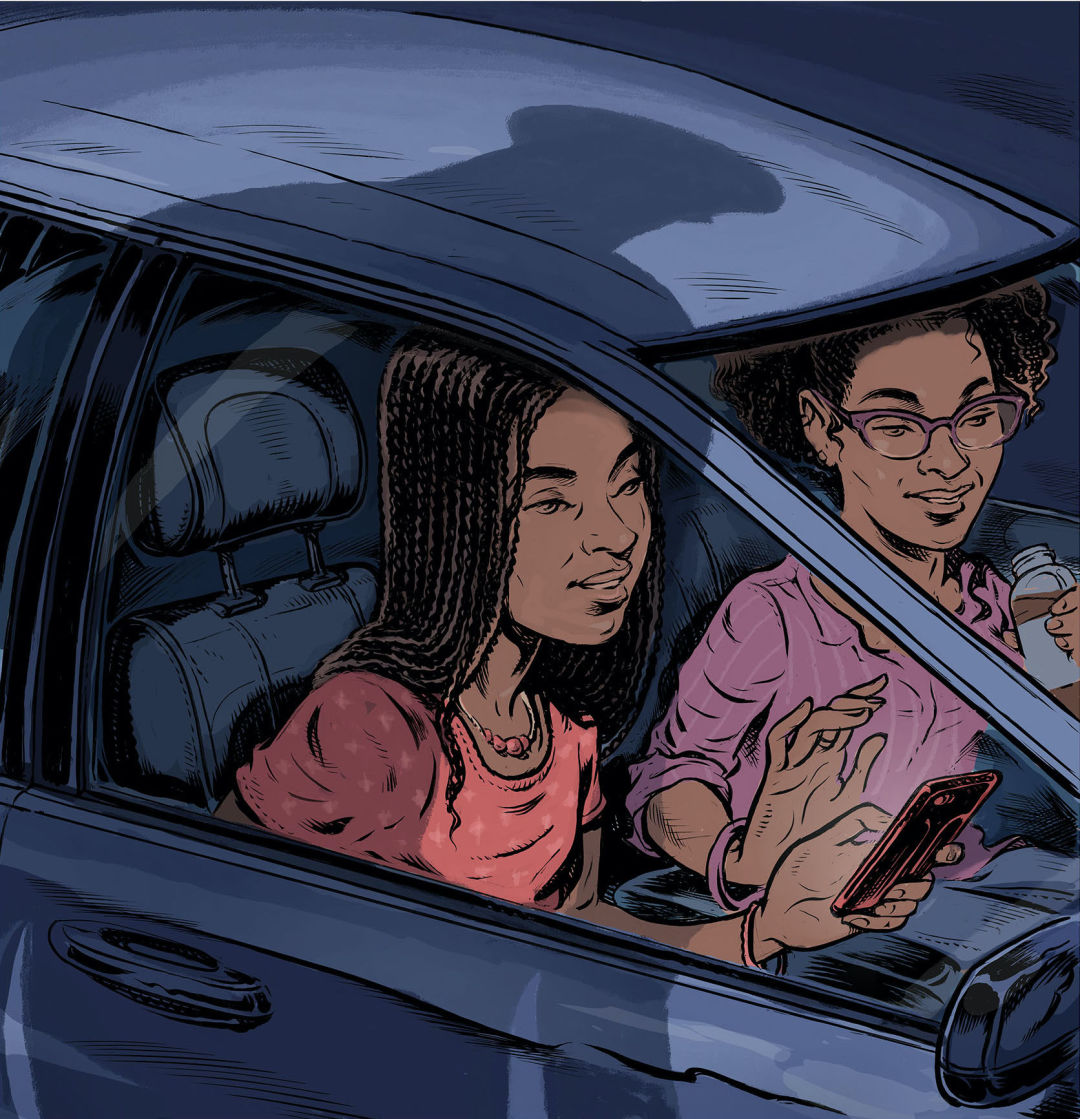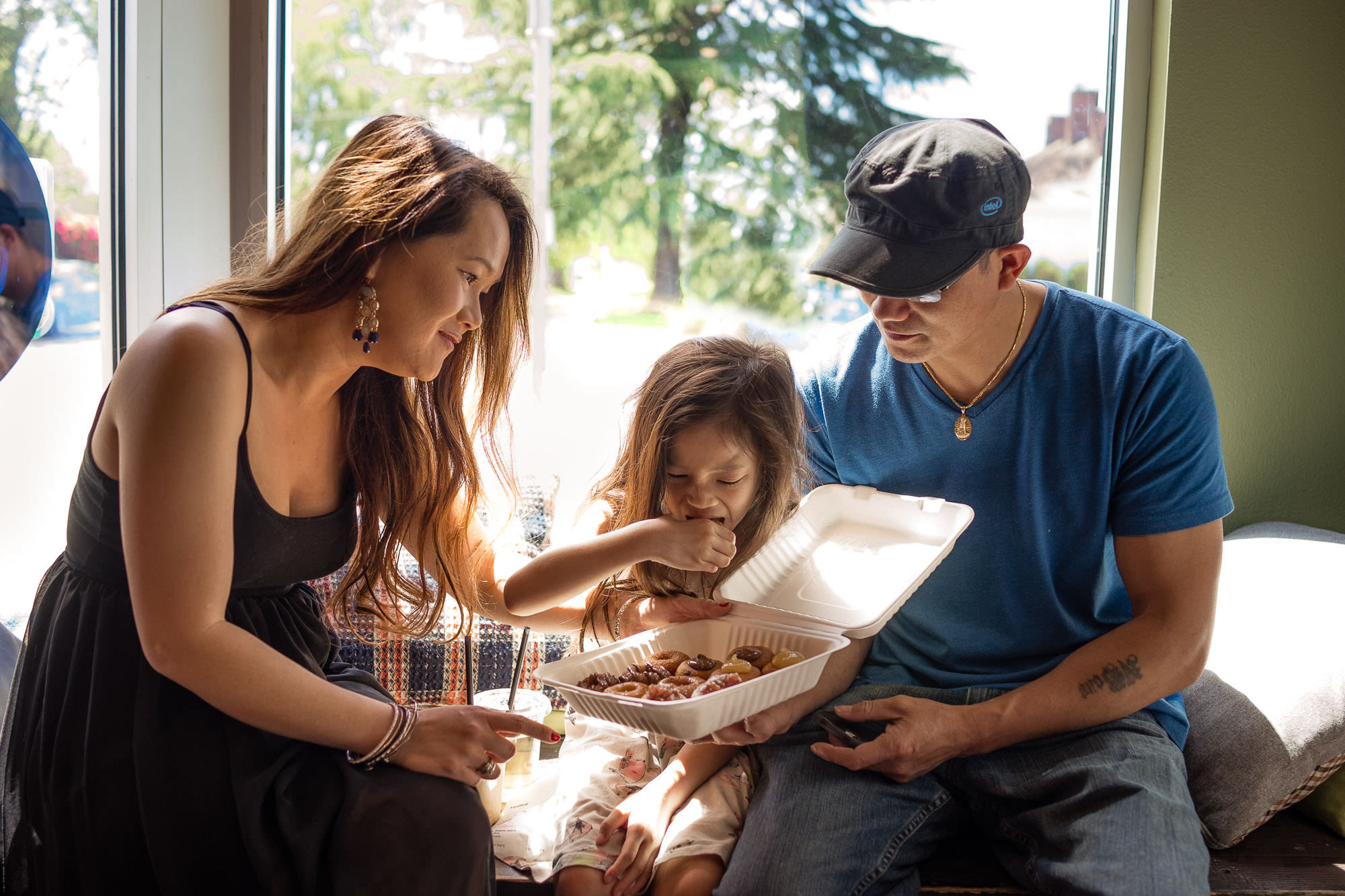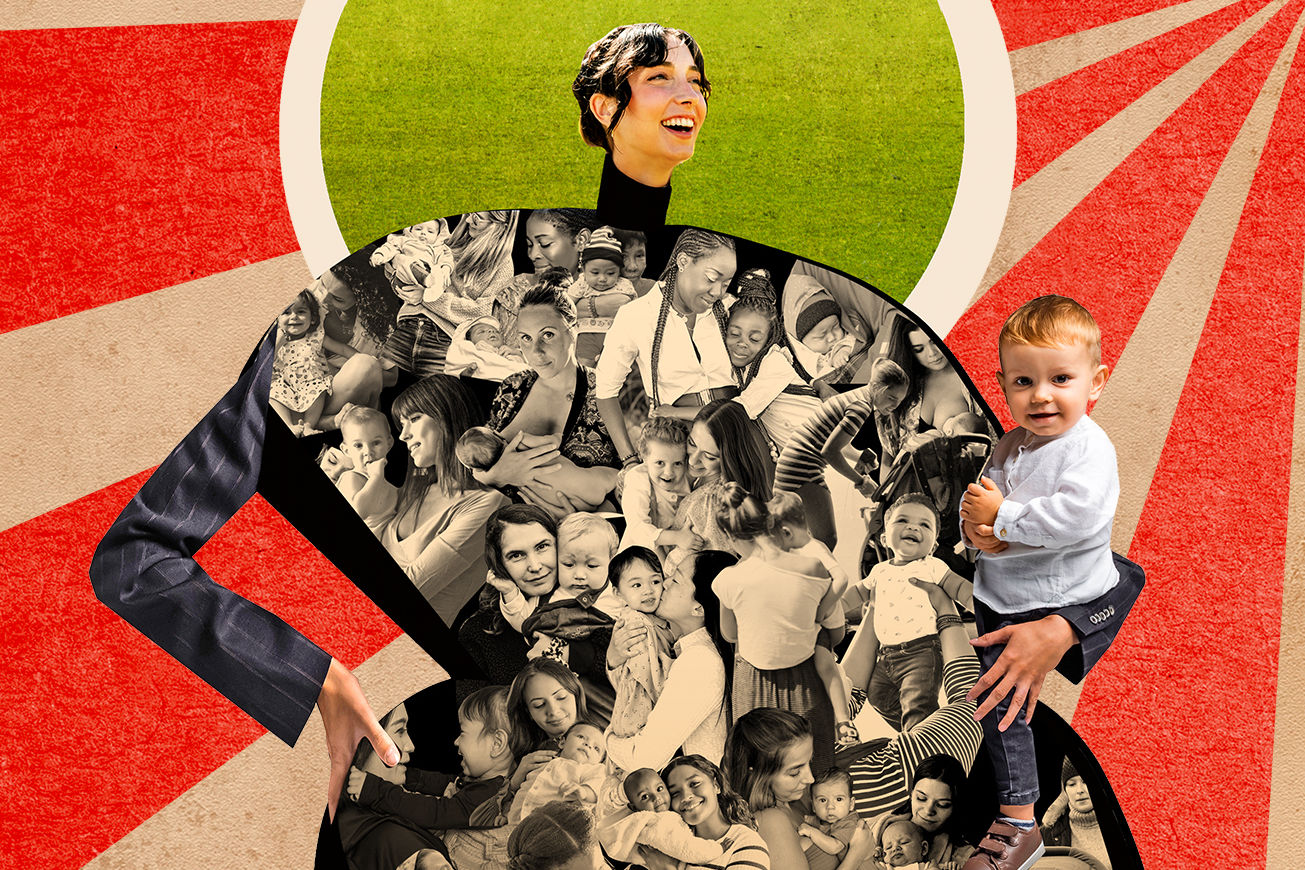Black Girls Matter: Navigating Portland's Systemic Racism as a Parent of Daughters

Image: Lars Leetaru
A couple of teenagers, sitting in the parking lot at Clackamas Town Center one Friday night, drinking chocolate milk, scrolling through Pinterest looking at homecoming dresses, and trying to figure out their next stop—it’s a picture-perfect scene for any coming-of-age dramedy circa 2019.
Until, all of a sudden, mall security is tapping at their car window, moving Christine Bynum and her friends along, claiming they are violating the mall’s strict “no loitering policy.”
Move along, kids. Nothing to see here, right? Except that Christine and her mom—state Rep. Janelle Bynum, the sole black member of the Oregon House of Representatives—knew better. Her daughter and her friends, Janelle Bynum wrote in a clear-eyed Facebook post, believed they were victims of racial profiling, guilty of nothing but being young and of color: “Let’s figure out if there’s a difference between loitering or being the wrong color.”
As a mother, every instinct in your bones is to protect your child, the best way you know how.
Some moms choose to hold their kiddos close, some allow a longer leash, some have none altogether. There is no single right or wrong way to parent—every individual child (even within the same household) requires a slightly different calculation. We all want to keep our kids safe from the “strangers,” the drugs, the “dangerous friends.”
But for moms of color, for black moms in particular, we have a whole other layer of armor we need to place around our children, extending well beyond the “usual suspects.”
We tend to worry about our boys most. They’re the ones who get shot by police, sometimes just for existing.
Our girls, though—it’s less discussed and debated, but they are brutalized by means that don’t as often involve guns but are nonetheless violent in their demoralization.
Our girls are victim to negative assumptions, stereotyping, and shaming that force them in the tender age of adolescence to question their worth and their humanity in the face of others. Adults who should be lifting them up are instead choosing to shame them.
According to data from the US Department of Education, black girls are suspended from school at higher rates than girls of any other race or ethnicity—12 percent of black girls versus just 2 percent of white girls.
The difficult thing about these assaults is that racism is slippery. It doesn’t package itself in a box we can easily recognize, and so as moms we don’t always know who or what it is we’re protecting them from. Systemic racism lives in the pores of the places we call home—when speaking to the Washington Post about her experience, Christine Bynum said she’d virtually grown up at the mall.
So how can we help our girls find their voice and grounding when the same intimidation tactics used toward their great-grandmothers are still being used today?
I don’t have an easy answer, but I know the solution relies on a community willing to admit that systemic racism against black boys and girls is real.
The Bynums called for a “loiter in” at the mall to test out whether people of all colors and ages were asked to move along when idling in the parking lot or at the food court. People showed up and sat in and made a point.
The mall’s statement on the matter was perfunctory: Officials told Oregon Public Broadcasting they “respect the privacy of our guests” and “are committed to ensuring that our center is inclusive.”
That’s not enough. We owe our girls both no less and so much more.




